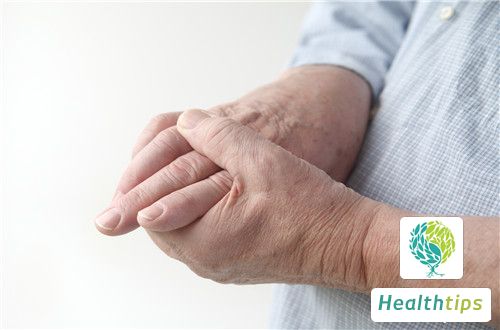What Should I Do If My Three-Year-Old Baby Has Pus in Their Ear?
When a three-year-old baby has pus in their ears, it is mostly caused by pathological factors, such as otitis media, eczema in the ear canal, and other diseases. Depending on the specific symptoms and causes, targeted treatment is required, often involving the use of medication. So, what should be done when a three-year-old baby has pus in their ears? Here are some suggestions:

Causes
If you notice pus-like secretions coming out of your child's ears, it is recommended to consult a doctor. It could be eczema in the ear canal, which may produce light yellow secretions that flow out of the ear canal and form scabs around the ear canal, sometimes accompanied by itching. Another possibility is otitis media, which requires a doctor's diagnosis.
Treatment
If it is eczema in the ear canal, the secretions can be cleaned out using a clean cotton swab, and eczema cream can be applied to the ear canal or around the ear. The specific medication should be selected based on the child's age. If it is acute suppurative otitis media, the secretions in the ear canal should be cleaned out using hydrogen peroxide. For children over three years old, anti-inflammatory eardrops can be used along with anti-inflammatory medication. For children under three years old, it is not recommended to use eardrops. Instead, after cleaning out the secretions in the ear canal, oral or intravenous anti-inflammatory medication can be administered.
Precautions
Usually, the symptoms of acute otitis media will be relieved or disappear after taking medication for a few days. However, it is important not to stop taking medication and treatment prematurely based on your own judgment. Stopping treatment halfway is one of the reasons why acute otitis media may not heal for a long time or even turn chronic. Additionally, poor hygiene of the ear canal and frequent ear cleaning can also lead to otitis media in children. When the ears are inflamed, swimming should be avoided, and the ears should not be allowed to get wet when washing the face or taking a shower.



















